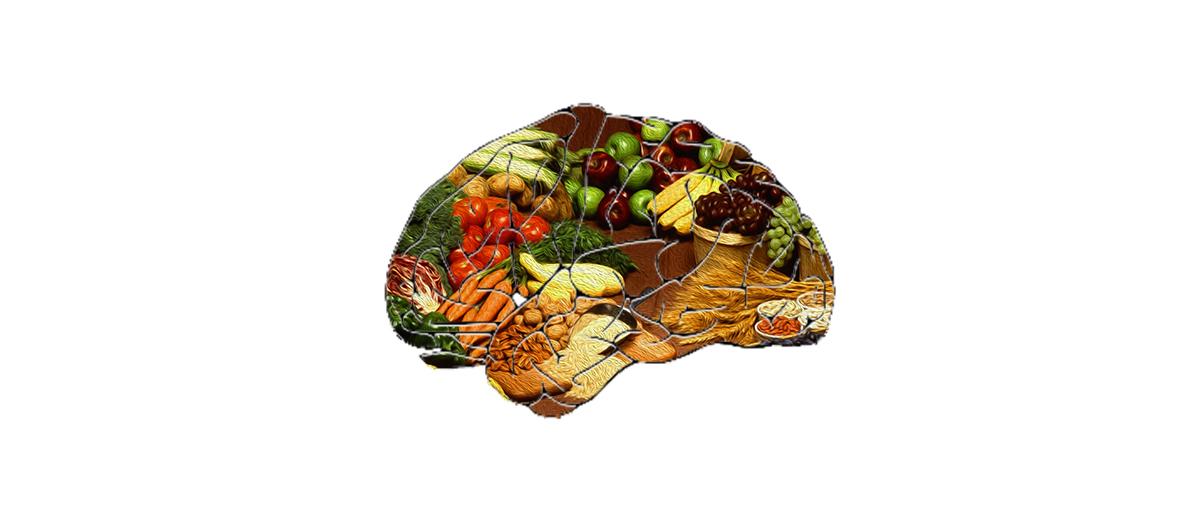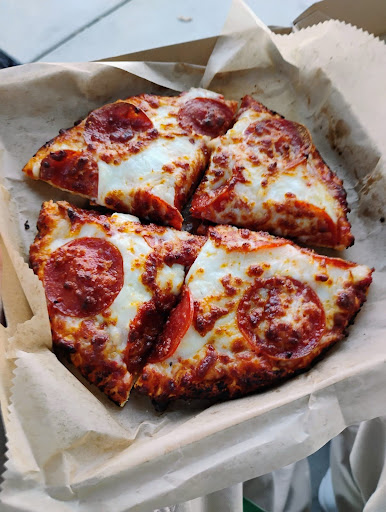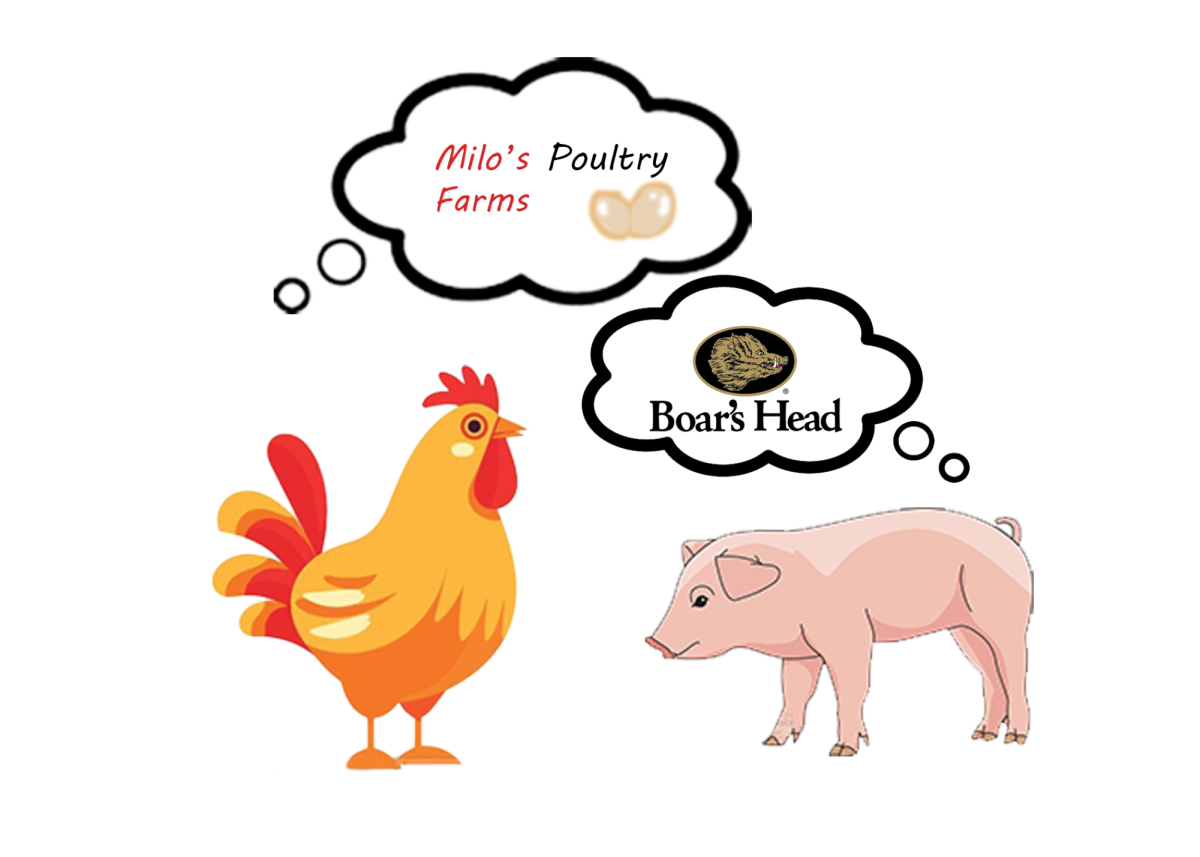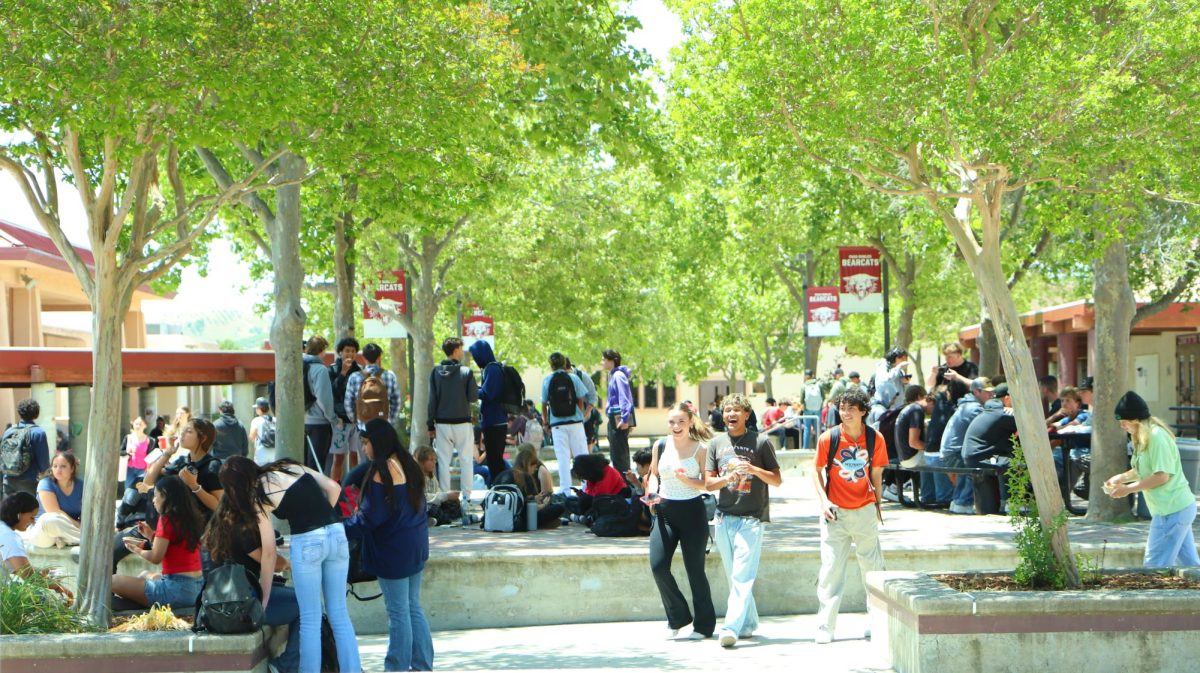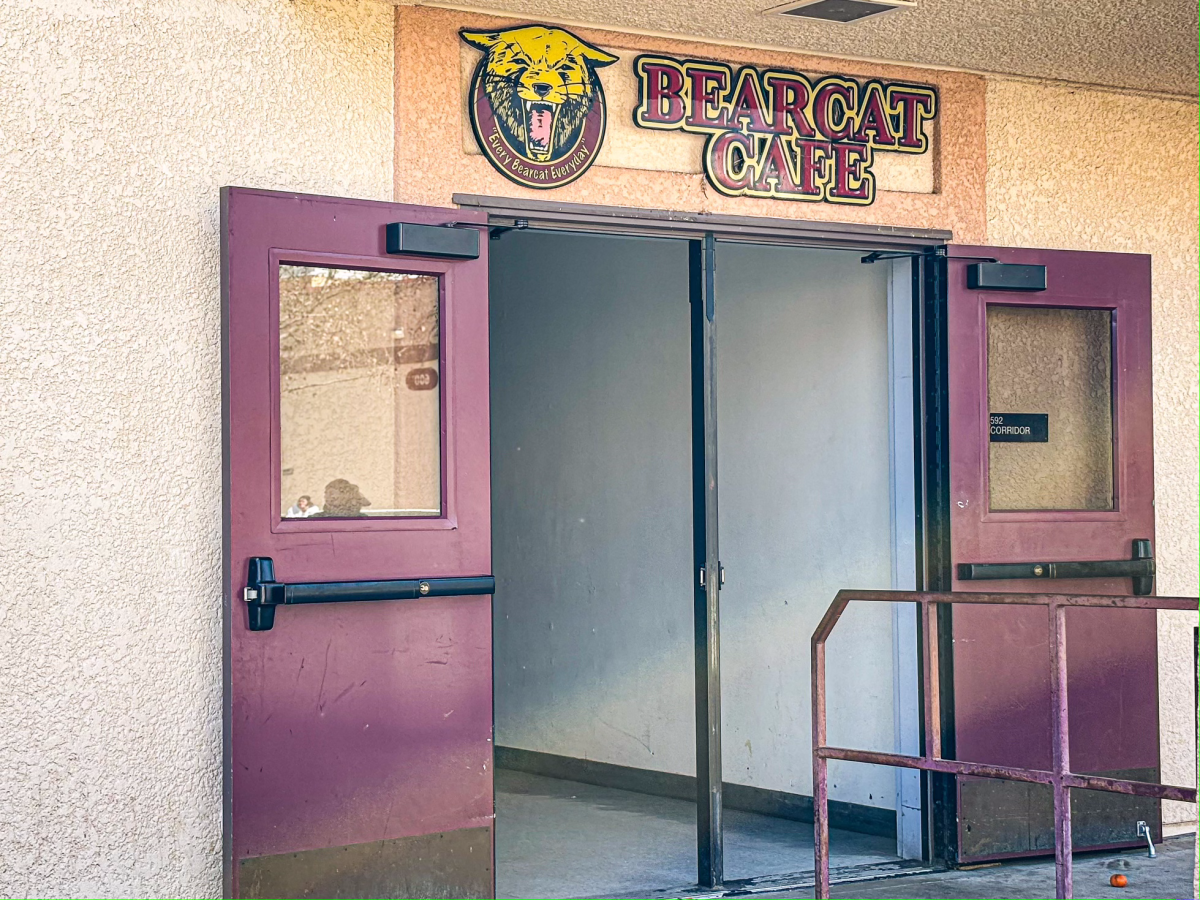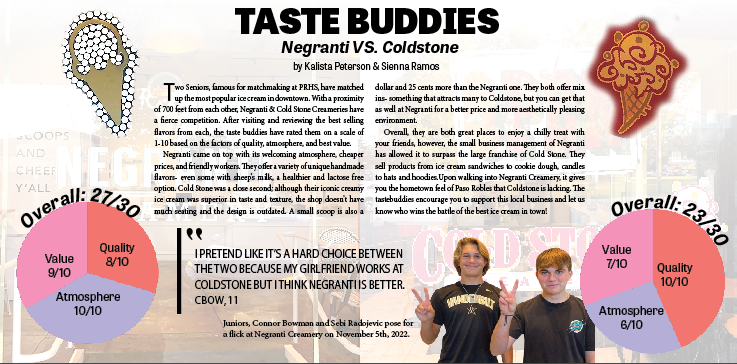Entering the realm of food from a psychological standpoint
People are obsessed with food, it’s a fact. Not only is food a basic necessity for life, sometimes it’s just really damn good. But what about when food gets a little … personal?
Edible ingredients come in all shapes, sizes, textures, smells, and colors. Some are more enticing than others yet, when mixed, the results are not disappointing despite maybe an unappealing aroma or sight. But you can only find that out once you get past those aspects before consuming the dish. A huge part of eating is first wanting to eat what’s placed on the plate in front of you. Normally people gravitate towards the aesthetic and nice smelling types because its safe, falling back to a more primitive survival technique. Subconsciously the mind determines the food it wants for the body as fuel if there is lacking in certain vitamins or nutrients. Nowadays though, when those factors need fulfillment, the connections between brain and stomach can be skewed towards unhealthy choices, often times because of convenience or inexpensive prices. According to Paso High’s psychology teacher, Mrs. Martinez, “what determines what we eat is the cost because a lot of times it’s like ‘oh that’s cheap I’ll just buy that and eat it.” This can result in obesity, which has become more apparent in society in recent years. Furthering on that point, “they [the American people] can feed their family on 10 bucks at McDonald’s, whereas if they want to go get vegetables and fruits, they’re way over that amount” she added.
Now, imagine, sitting in a puddle of mud, your meaty toddler hands slapping together a grimey, slimey mass of soil and worms and water, preferably fresh from a recent rain. Next thing you know your mother is hosing you down and telling you to spit out the grainy materials you managed to stuff into your mouth under her supervision. You begin to cry; without understanding that dirt is “ucky” and “doesn’t belong in your mouth,” how could you know that this mud pie wasn’t truly a pie at all? Childish interests to shove pieces of literally whatever into your mouth is actually a normal part of growing up. Its that part where one’s senses begin to develop as well as curiosity about one’s surroundings. But, when this is taken a little too far through ingestion, it can become a real problem and possibly carry out into adulthood. Odd food habits don’t always appear in the meal itself, but how it gets eaten, or in some cases not eaten.
“This can stem from body image issues or a need for control, food being a generally controllable outlet for deeper psychological issues. not feeling good about yourself, eating is something we have complete control over and so if somebody feels like their life or things are spinning out of control, that might be the one way they can control it. Their life is what I eat, when I eat, if I eat, if I throw up what I eat, so all of those factors can go into why someone might have a disorder.”
-Mrs. Martinez, on the topic of what causes an eating disorder
It’s quite simple to tell when a person’s body is rejecting a food by different facial markers or vocalizing their distaste with incomprehensible sounds or negative words such as ew or gross or disgusting. Quite often these reactions are seen as comical and provide a distraction from more pressing matters such as homework or doing one’s taxes. But the psychology behind food is much deeper than being a distraction. Food is a social worker bringing people together and giving them something to connect over. What determines people’s food choices during these interactions happen due to “emotions and socialization. Often times we eat because we’re socializing. Christmas time, Thanksgiving, birthdays- when we’re not hungry. It’s just that’s what you do,” Mrs. Martinez quipped. When Aunt Susie shares her lemon meringue pie recipe at Easter, relatives will ooh and aah and congratulate her on the deliciousness of her creation. But in other circumstances, the talk isn’t always directly about food, yet quite often things are discussed over a meal, rather than about the meal itself. Important things or rudimentary things.
“50 years ago, families had sit down meals,… today we are such a fast moving society that those meals aren’t happening as much anymore and that even lead to table time discussion and “how is your day,” those sit down meals.”
-Martinez, while discussing meal time discussion
Food is a something everyone has in common. It’s an absolute. Without it, how could any creature who creeps or crawls upon this earth continue to exist? The supply is vast and the food chain is durable, each link connecting one organism to the next. The intake of food these days is not so much out of necessity as it once was, but more so for bonding purposes in shared communities. What’s on the menu can alter an individual’s circumstances or explore new forms of nourishment… for better or for worse.

